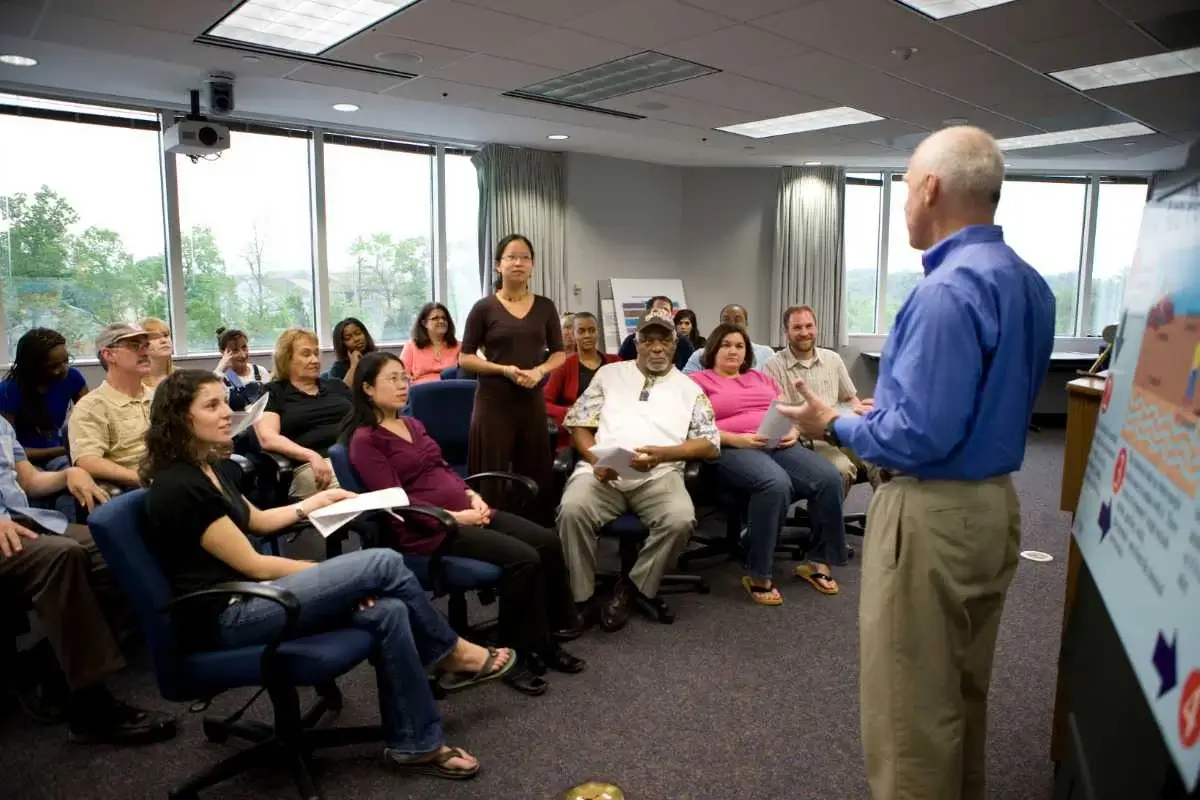
Education is one of the most effective ways to address the health impacts of climate change. By learning how changes in the environment affect human health, people can make choices that protect themselves and their communities. Climate change increases risks such as heat-related illnesses, breathing problems, and the spread of diseases through insects, contaminated water, and poor air quality. Teaching people about these threats and their causes, including air pollution, deforestation, and rising temperatures, encourages awareness and early action. Schools, community programs, and public health initiatives can help share this information and build stronger, healthier, and more resilient communities.
Advocacy strengthens education by turning knowledge into action. While education helps people understand the issues, advocacy empowers them to demand change. Advocates can push for cleaner energy, stricter pollution controls, improved waste management, and city planning that includes green spaces and better air quality. At the local level, individuals can raise awareness, organize community programs, and engage with decision-makers to promote policies that protect both human and environmental health. Advocacy also involves holding corporations and governments accountable, ensuring that sustainability and public well-being remain central to their decisions.
Together, education and advocacy form the foundation for a healthier, more sustainable future. By spreading awareness, shaping policies, and inspiring collective action, communities can reduce the health burdens of climate change and build resilience for generations to come.
How can schools and universities include climate and health education in their programs? What role can healthcare professionals play in teaching people about the health risks linked to climate change? How can individuals and communities advocate for policies that protect both public health and the environment? What examples of education or advocacy campaigns have successfully reduced climate-related health impacts? How can technology and social media help spread awareness and encourage action on these urgent issues?
Use the online submission form when sending your articles to help us track all of your submissions. Please try to write about the above topic. Your response should be at least 1,000 words.
To receive credit, your effort is what matters. You should find ways to contribute thoughtful ideas that will help others. Feel free to use personal stories or other information that you want to share, but do not use real names or other identifying information. You may write your response in the space provided or upload your response. Once we review your response, you will receive credit.
Click the button below to submit your article and get your credit.